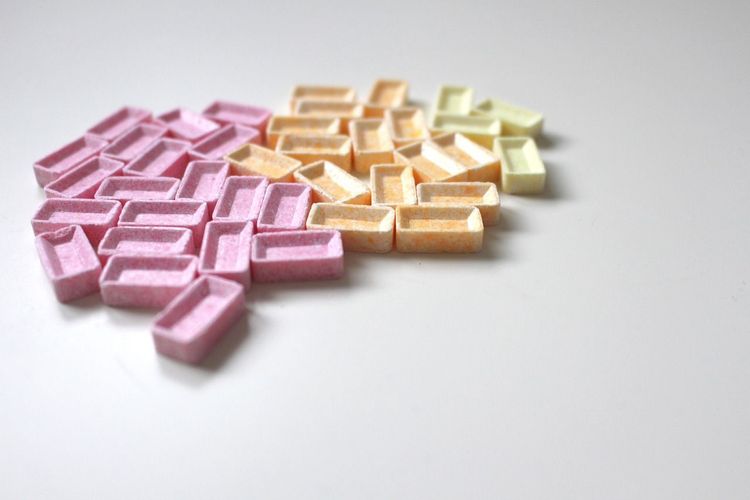MIT Achieves Breakthrough by Fitting Tens of Thousands of Artificial Brain Synapses on One Chip
Most people like

Transform Your Voice: The Ultimate Voice Changer for Gaming and Streaming
Discover the perfect voice changer to elevate your gaming and streaming experience. Whether you want to entertain your audience, add a layer of anonymity, or simply have some fun, our top-rated voice changer enhances your performance and keeps your interactions engaging. With a variety of customizable effects and user-friendly features, you can create unique sounds that fit your gaming style or streaming persona. Explore the endless possibilities and take your content to the next level!

Discover an innovative online application that creates deepfake videos by seamlessly swapping faces while prioritizing user privacy. Experience cutting-edge technology that blends creativity with security, allowing you to explore the fascinating world of deepfake video creation.

In today’s competitive marketplace, leveraging technology to enhance your sales approach is crucial. Our AI-powered lead generation app revolutionizes the way businesses identify and connect with potential customers. By utilizing advanced algorithms and data analytics, this innovative tool streamlines the lead generation process, ensuring you spend time on high-quality prospects. Enhance your sales strategy and boost your conversion rates with our cutting-edge app designed for efficient and effective lead generation. Discover the future of sales today!

Unlock the power of creativity with our easy-to-use prompt generator. Whether you're a writer, teacher, or simply looking to inspire fresh ideas, crafting unique prompts has never been simpler. Discover how you can enhance your writing experience and stimulate new thoughts with just a few clicks. Dive in and start creating compelling prompts today!
Find AI tools in YBX



